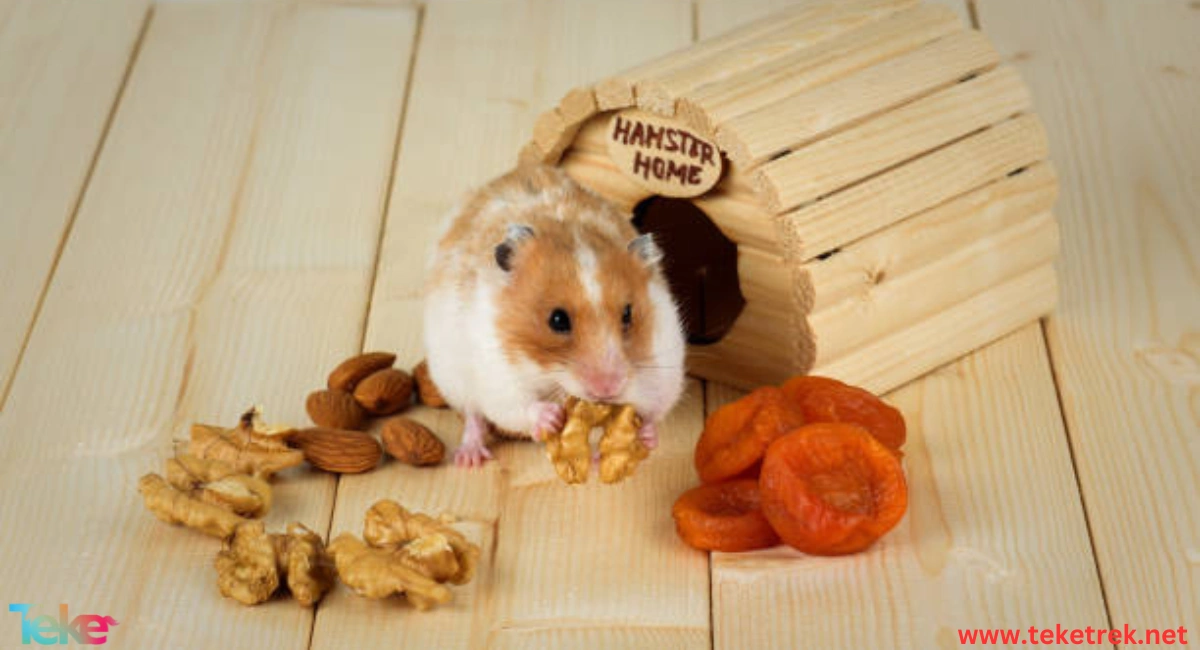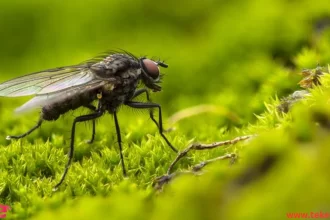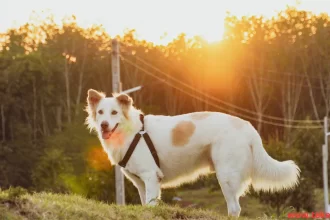Feeding animals in cold weather is one of the important points that animal keepers care about due to its great importance in maintaining their physical health in the cold season, as the nutritional needs of animals increase to face changes in the weather in addition to maintaining their body temperature, so it becomes important to ensure that you provide them with a diet Balanced and comprehensive is a must.
In cold weather, animals need energy, as their need for calories increases to maintain their usual warmth and activity. Accordingly, owners must provide meals according to specific quantities and types to meet these increased needs.
In this article, we will shed light on the effect of cold weather on the needs of these animals. We will also mention the basic nutritional elements for them and give some tips for adjusting the quantities required for them based on the type of animal. In addition, we will identify the challenges facing the breeder in the process of feeding the animal and the most important strategies. Many points will be explained in this article to provide complete food for them in effective ways, so stay with us and learn new information that will help keep your animal healthy during the cold season. Let’s get started.
The effect of cold weather on animals’ nutritional needs:
The animal constantly needs the energy it derives from the food provided to it, as this energy helps maintain its usual daily activity, but when temperatures change and decrease, its energy consumption becomes higher, so it must be ensured that the diet provided to it meets these needs.
The animal burns the calories coming to it from its diet, and the burning process increases when temperatures drop to help it maintain the temperature and thus maintain its life. Examples of these animals include the following:
Dogs: Dogs that live in cold areas need more food that contains proteins and fats to help them produce the energy they need.
Cats: especially those that live outdoors, need an increase in the frequency of meals to maintain their body temperature.
Rabbits and birds also need a suitable adjustment in their diet to face the cold season to ensure that they remain active and in good health.

Essential nutrients for animals in cold weather:
In cold weather, animals need more balanced food that provides them with more energy to face the cold of winter. This is done by burning calories and giving the body the ideal temperature to keep the animal in a state of activity and good health.
Proteins play an important and major role in strengthening the body’s immunity, and this helps protect the animal from many diseases that may affect it during the winter period. Therefore, the breeder must ensure the appropriate amount, which may vary depending on the type of animal. There are, for example, dogs that obtain protein from meat. And poultry, while cats get it from fish and chicken, while rabbits get their appropriate protein from grains and legumes, and finally birds get their protein from seeds and nutritional supplements rich in it.
Essential vitamins and minerals are also important elements that animals need in the winter, as vitamins hel enhance various body functions. There are vitamins C and E which help strengthen immunity, while calcium and magnesium help build bones and muscles.
We must not forget that water is very important and occupies a great place in preserving the health of the animal, as dehydration can cause a great danger to the health of the animal, so we must always make sure to provide it with clean water regularly, in addition to preserving it from freezing by using Containers that prevent freezing or by bringing water into the house frequently.
https://teketrek.net/facts-you-didnt-know-about-the-wombat/
Tips for adjusting feeding based on the type of animal:
In the winter, the animal needs quantities greater than the amount circulated in its food to maintain its ideal physical health. Therefore, the breeder must ensure that he provides the appropriate amount for it because it will greatly help in burning the calories necessary for it to keep the animal at an ideal temperature that protects it from the cold of winter, and from Examples of this include:
Cats and dogs: The breeder provides nutritional meals for these two types of animals to keep the animal in a state of activity and movement, but in the winter he increases the rate of these meals and this is due to the excess consumption by the animal to help it remain in a state of warmth and activity, and from the appropriate foods for them in the season Cold foods rich in proteins and fats, such as fish, poultry, and meat, in addition to some types of cooked foods that may also be suitable for them in the cold season.
Agricultural animals (cows, sheep, and poultry): These animals need feed that meets their needs in the cold season. Livestock can be fed in cold weather by using feed rich in fiber and energy, such as silage and hay, to maintain the health of cows and sheep, while poultry needs appropriate quantities. It is a special feed that increases egg production in the winter, so the breeder must provide it continuously to maintain its health, in addition to the necessity of storing the feed in designated places away from moisture and light to avoid infection with mold, which causes many diseases to these animals. Animals.
Wild animals or animals that live in gardens: These types of animals need great attention to their food because they face the cold season to a great extent. Therefore, foods rich in proteins and fats must be provided continuously, in addition to nuts, grains, and fresh vegetables. Attention must be paid to the necessity of placing the food in Places remote and protected from snow and wind to maintain their quality.
Common challenges in feeding animals in winter:
The problems of lack of nutrition in the winter in animals are among the major challenges that the breeder constantly faces in the cold season, as the animal increasingly needs additional amounts of food that must be provided to maintain the animal’s ideal physical health. However, if this food is not provided, the animal will fall. It causes many problems, such as immune deficiency, which leads to many diseases, in addition to lack of productivity and some other health problems. Therefore, care must be taken to always provide appropriate food for the animal during the cold season.
The biggest problem facing the breeder in feeding the animal during the cold season is that the animal rejects the food itself and does not accept it, as this is due to the significant changes in temperature and cold in the winter, so the following instructions must be followed:
Provide appropriate food at specific times.
Diversify the food and make it attractive.
Use some types of food additives that help stimulate the animal’s appetite.
Provide him with a warm and comfortable environment.
https://teketrek.net/lice-information-and-facts-about-this-insect/
How to feed animals in the cold?
In the winter, the breeder prepares the necessary quantities for the animal at specific times, taking into account the use of some additives that stimulate the animal’s appetite, in addition to placing the food in comfortable and warm places away from snow and winds that destroy and reduce the quality of the food provided.

Strategies to provide food in an effective manner:
Winter is one of the cold seasons that you must prepare for on an ongoing basis to maintain the health of the animals you raise. Therefore, you must follow some necessary strategies that will help you provide food for this cold season, the most important of which are the following:
Pre-plan for this season by storing food items that are appropriate for the type of animal you are raising, while providing an appropriate amount for it to benefit from at critical times. This is done by studying the animal’s consumption rate in previous seasons and increasing this amount in the winter.
Cooperating with providers of food for animals to provide the required quantities when they are needed.
Using special heating methods for animals or covering them to protect them from the cold during mealtime contributes greatly to improving the effectiveness of the food provided to them.
Use designated places for eating to protect animals from wind and cold while they eat appropriate food.
In conclusion, we find that feeding animals in cold weather is one of the important points that must be taken care of and ensured that it is done correctly, as providing the best foods for animals in winter is considered one of the important and necessary points in maintaining the animal’s health by providing all the necessary elements for it, and this is what works on Enhancing and strengthening its immunity, which protects it from many diseases that spread in this season. Therefore, the necessary instructions and advice related to animal nutrition must be followed to ensure that the animal stays in a healthy and safe environment for it.





